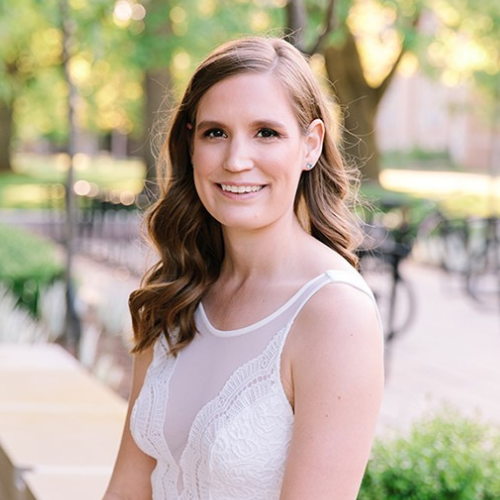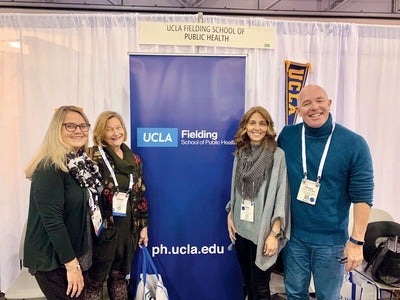
THE CAMP FIRE that started on November 8, 2018 in Northern California’s Butte County burned through more than 150,000 acres and destroyed more than 18,000 structures over 17 days. Eighty-five lives were lost, making it the deadliest and most destructive fire in California history. The Woolsey Fire, which started the same day, blazed through nearly 100,000 acres in Los Angeles and Ventura counties, destroying more than 1,600 structures and forcing the evacuation of nearly 300,000 people.

BACK WHEN HE WAS A GRADUATE STUDENT, Jisung Park concluded that the insufficient urgency in addressing climate change was due in part to the way the issue was depicted.
CLIMATE CHANGE is already jeopardizing health and well-being in the U.S. and abroad, and is projected to become a greater public health threat in the decades to come. The World Health Organization has outlined some of the key ways in which climate change affects health. As the examples in this issue demonstrate, Fielding School faculty, students and alumni are leading efforts to protect populations against this developing crisis.

FSPH at American Public Health Association Annual Meeting and Expo
 THE 2019 AMERICAN PUBLIC HEALTH ASSOCIATION (APHA) annual meeting in Philadelphia was attended by Fielding School faculty, students, staff, and alumni, many of whom had their work featured. The meeting’s theme was “Creating the Healthiest Nation: For science. For action. For health.”
THE 2019 AMERICAN PUBLIC HEALTH ASSOCIATION (APHA) annual meeting in Philadelphia was attended by Fielding School faculty, students, staff, and alumni, many of whom had their work featured. The meeting’s theme was “Creating the Healthiest Nation: For science. For action. For health.”
For UCLA Fielding School of Public Health PhD student Cynthia Beard, a once-in-a-century pandemic served as a call to action. “As a doctoral student in epidemiology who is most interested in infectious diseases, I was itching to use the skill set I had been building for years to contribute to answering some of the most pressing questions about COVID-19,” Beard says.
Becca Woofter, MPH
PhD Student, Community Health Sciences

RICHARD SINAIKO (MPH ’77) believes his successful career in health care management would have been impossible without his Fielding School education. With that in mind, Richard and Patricia Sinaiko, and Greg (MPH ’01) and Marcie Sinaiko, decided to further elevate FSPH’s health care management program in a way that would allow others to enjoy the same opportunities.
This section includes new grants and contracts awarded in 2018-19. Due to space limitations, only funds of $50,000 or more are listed, by principal investigator.
RICHARD AMBROSE
Fighting Drought With Stormwater
UC Office of the President & University of California, Santa Barbara, $116,020
PRODUCED IN SENEGAL and popular through much of West Africa, the TV series C’est la Vie (That’s Life) takes place in the fictitious Ratanga health clinic and features storylines about the lives of the midwives who staff it. But in addition to following the dating twists and office politics involving the main characters, viewers are exposed to a hefty dose of public health messaging on topics involving maternal and child health, sexuality and reproductive rights, gender violence, and female genital mutilation, to name a few.